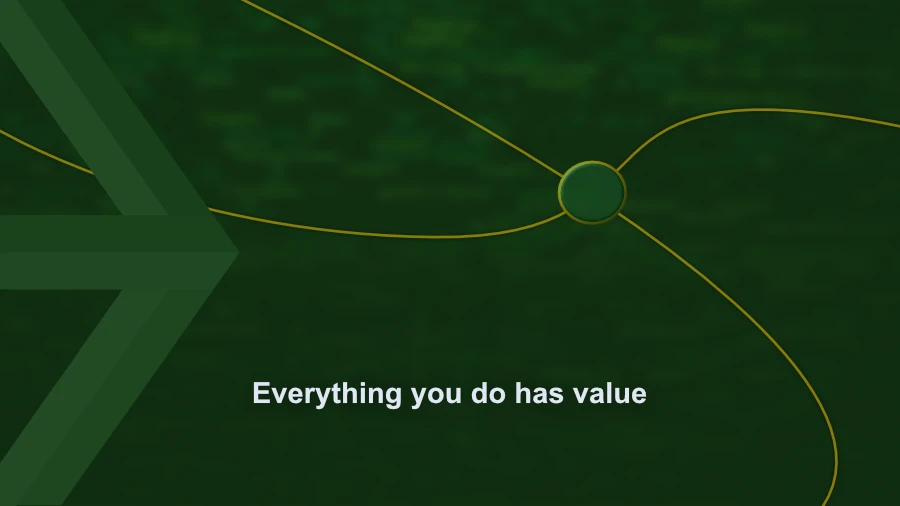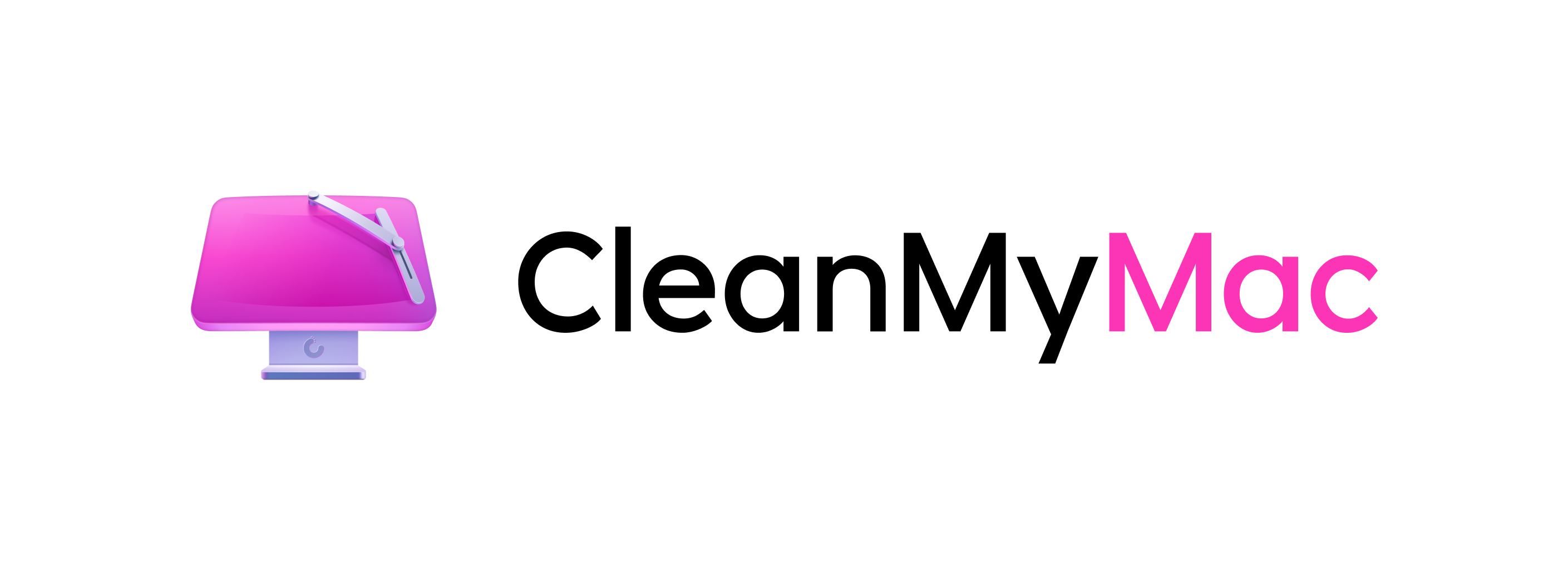
· 8 min read
Everything you do has value
Why it's essential to recognize the worth of your time and the fine line between offering services for free or charging.
In this episode of the UIBuzz podcast, I delve into the important topic of valuing your time. I discuss why it’s essential to recognize the worth of your time and the fine line between offering services for free and charging a monetary value for your efforts.
I give practical advice on handling changing circumstances, especially when transitioning from offering free to paid services, and stress the importance of not feeling guilty about charging for your work.
I encourage listeners to reflect on what their time is worth and to find a balance that works for them.
I emphasize the need not to feel bad about charging for your services if your situation changes and you can no longer offer them for free.
Share this episode with someone who might benefit from this perspective.
Click to show transcription
Transcription
Peter:What’s up, everybody? Welcome to episode 67 of the UI Buzz podcast. I’m your host as always, Peter Witham. You can find myself and this podcast peterwitham.com. So here’s a question for you, and you’ve got to answer this question because everybody should have an answer to this question.
Peter:What is your time worth, and do you value your time? Now let me dive into this a little bit here. Some folks don’t realize what their time is worth. Everybody thinks time is just one of those things. Right?
Peter:And some folks don’t even realize that their time, everybody’s time has value. Doesn’t matter what it is, who you are, what you do. Everything has value. Now, the reason I bring this up is a lot of us produce free content out there for folks or we give free advice and all of those kind of things And I think that’s great and I think we should all do that. But there is also a fine line where you are asked to do something or you produce something that should have a monetary value attached to it for some reason.
Peter:That reason may be that you’re doing it for a client, you’re doing it for somebody and it’s taking you a certain amount of time or maybe it cost you money to do that. Some service, some hosting, some assets, whatever that may look like for you or maybe it’s just something that you say, you know what? I have put such a large amount of time and knowledge bombs into this thing that I should charge something for this and and people should pay for it. And let me be clear. You should not feel bad about thinking that.
Peter:Right? Okay. Some folks do everything for free. That’s their choice. I’ve there’s nothing wrong with that.
Peter:I think that’s fantastic. But for those of us who are trying to do things and make a living from it, I think it’s perfectly reasonable to put a monetary value against something. And I think, again, that personal balance between what you do for free and what you charge for is yours and yours alone to decide upon. But there should be a line and you should do that because the problem is if you always do something for free, firstly you’ve set that precedent. Right?
Peter:Everybody is gonna assume that you will always do it for free and if at any point for any reason you have to change that model, you’re gonna have pushback. I’ll give you an example. Let’s say you are you have a full time day job and that’s covering all your bills, all your costs, money left over, everything else and then you have some side work that you’re doing for folks and you’re doing it for free or some side projects, something like that. Okay. Great.
Peter:You can do those for free because you’ve covered the bases with your day job, But then that day job goes away. What are you gonna do now? Right? Do you keep doing it for free and running, you know, now you’re running up bills. Right?
Peter:And you’ve got to recover that day job cost. Maybe you’ve decided to go indie or maybe whatever. You’re taking a break before the next job or it’s completely unexpected and now you’re out of the job. Right? Which, hey, guess what folks?
Peter:Happens all the time in the tech industry. And now you’re in a position where it’s like, okay. Now I can’t do these things for free. Well, if you go tell those folks you’re gonna start charging for it, some of them, hopefully most of them, will look at it and understand and respect that, okay, I get that. Right?
Peter:And I value your work that you do for me that I’m gonna start paying for it. But there will be those who say, well, wait a minute. You’ve been doing this for free. Now you’re gonna charge me for it? And they’re gonna play that guilt trip on you and maybe you’re even gonna play that guilt trip on yourself.
Peter:And and now you’re faced with that awkward decision. Do you do it for free still? Clearly, my answer is no. You don’t. You explain the situation and say, look, situation has changed.
Peter:Right? So that happens. Believe it or not, that happens quite a lot And, you know, folks feel bad about charging for things, and you really shouldn’t. Think about it. You go to the store and buy groceries.
Peter:You don’t get them for free. Yeah, you got to pay for them. Someone’s put in the work and the effort to provide those groceries and you got to pay for It’s no different. Like I said at the beginning of this episode, doesn’t matter who you are or what you do, everything has a value. And it’s difficult for some folks, right?
Peter:Especially creative types like myself, where we are so obsessed with enjoying the experience of making things and we love making things that we forget that there’s a business aspect to this sometimes for some of us. And if you wanna get out of the day job or whatever the situation may be, you’re gonna have to charge for something at some point, and you’re gonna have to get over that. And, you know, bit of tough love there. Right? Now there could be those of you who completely disagree with me.
Peter:I completely respect that. But at the end of the day, we all have to pay bills for something and that money has to come from somewhere. And if you are fortunate enough to do something like the careers that we have and you love doing it and you get the opportunity to charge for it, you should do so. Right? If you was to go to the the the the petrol station, the gas station, and say, I need to fill my car up, but I I really think you should give me this for free.
Peter:What are they gonna say to you? Right? Think about it that way. Same difference for the services that you provide. Everything has value.
Peter:Again, I believe there’s a balance. You should do some for free and you should charge for some. And, you know, how you do that is is up to you, but I think that that balance is there. You should show value for what you’re asking people to pay for and sometimes that means putting free stuff out there so that people get to understand what you do, how you do it, and appreciate it and see the quality of your work before paying for it. I think that’s very reasonable.
Peter:But I think that it’s also reasonable at some point that you say, look, you know, this this project’s a little bigger, or I can’t just keep doing this for free because my situation has changed and you need to charge for it. So I wanted to put that out there this week because it had been bothering me again a little bit. I’ve been hearing some folks, good folks, who I know are extremely good at what they do and were concerned about charging for things. And it it bothers me that I see good people stressing out about these things when in reality the answer is, in my opinion, pretty simple. That’s it.
Peter:If you have opinions on this, hey, go to peterwheedham.com/contact and reach out to me. Maybe you wanna come on here and talk about this. You have a different perspective. You have the same perspective. Whatever.
Peter:I welcome the discussion because these are the kind of things that we should talk about in our industry. Right? And again, if this has been helpful, you know what to do. Go tell folks. If you know someone that’s struggling with this, share this episode with them.
Peter:Right? Hey, you know, say look, here’s a different perspective to look at it. That’s it folks. Have a good one. I’ll speak to you next time.


